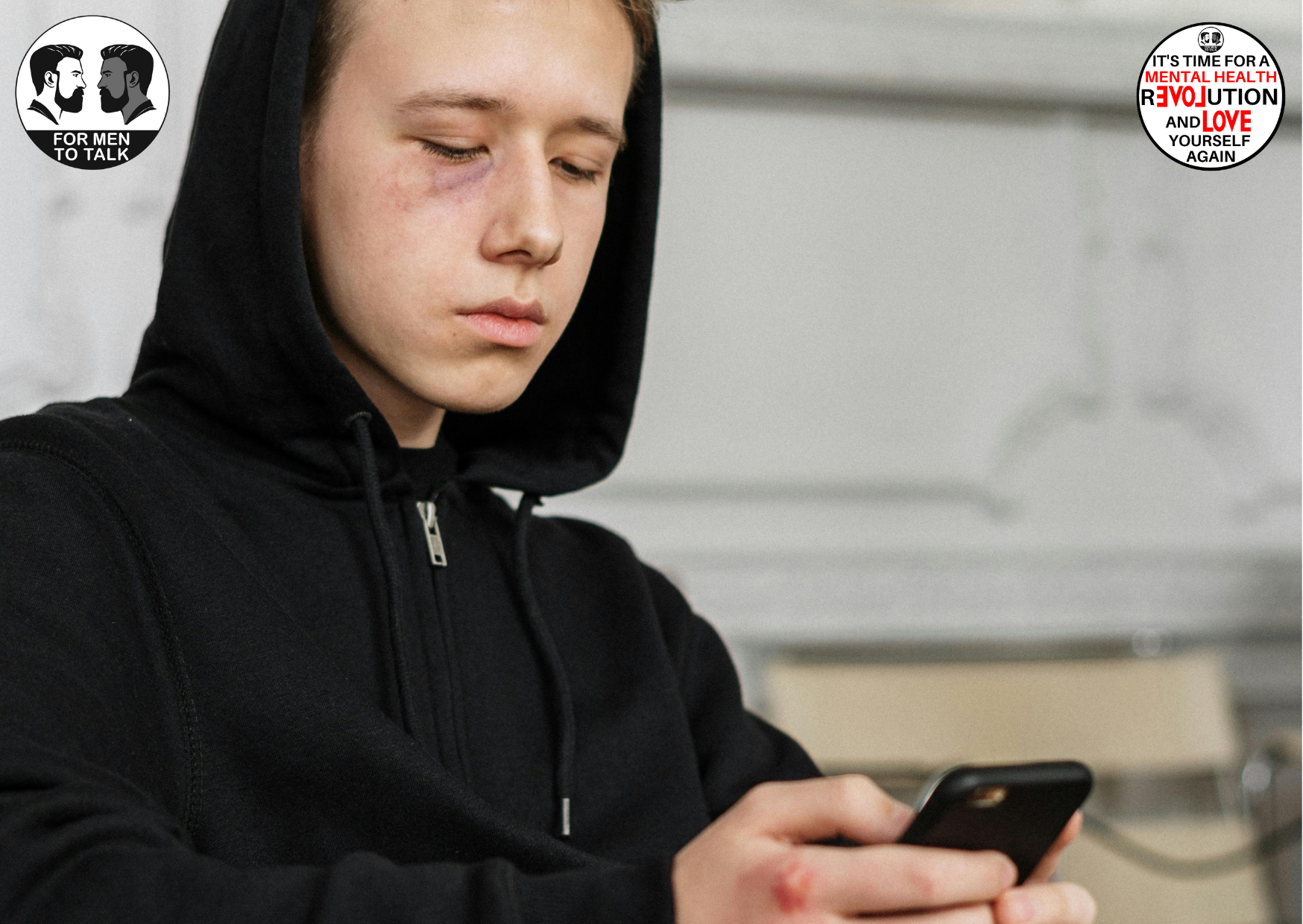No More Week raises awareness about domestic violence and sexual assault… and that includes men as victims too

No More Week is an annual campaign that takes place from 3rd to 9th March to raise awareness about domestic violence and sexual assault. It aims to engage communities, organisations and individuals in a collective effort to end these forms of violence.
Domestic abuse and sexual violence are often viewed through a gendered lens, with women commonly perceived as the primary victims. However, it’s crucial to acknowledge that men can also be victims of these heinous crimes, and their experiences are just as valid and deserving of attention. Breaking through societal stereotypes and challenging preconceived notions is essential to create a more inclusive dialogue surrounding domestic abuse and sexual violence.
Unveiling the Stereotypes:
Society has long perpetuated stereotypes that cast men as the stoic and invulnerable figures in relationships. These deeply ingrained perceptions can lead to an underreporting of abuse against men, as they may feel ashamed or emasculated to speak out. The notion that “real men” don’t fall victim to abuse is a harmful stereotype that hinders progress in addressing this issue.
Domestic Abuse Against Men:
Domestic abuse does not discriminate based on gender, and men can find themselves trapped in abusive relationships just as easily as women. The abuse may manifest in various forms, including physical violence, emotional manipulation, financial control, or isolation from friends and family. Men often face the additional challenge of societal disbelief when they come forward, as their experiences defy conventional gender roles.
Societal Stigma and Underreporting:
Men who experience domestic abuse may be reluctant to report it due to fear of judgment, ridicule, or disbelief. Societal expectations surrounding masculinity can make it challenging for men to admit vulnerability and seek help. The fear of being perceived as weak or less of a man may prevent them from escaping abusive situations, leading to prolonged suffering.
Sexual Violence Against Men:
Similarly, sexual violence against men is a widely overlooked issue. Cultural norms often dismiss the idea that men can be victims of sexual assault, contributing to a lack of awareness and support for male survivors. The stigma attached to male victimhood further isolates survivors, hindering their ability to come forward and seek help.
Overcoming the Stigma:
Breaking the silence surrounding male victims of domestic abuse and sexual violence requires a collective effort to challenge societal norms and misconceptions. Education and awareness campaigns must emphasise that abuse knows no gender and that anyone, regardless of their sex, can fall victim to these crimes. Encouraging open conversations and dismantling toxic masculinity is essential in creating a supportive environment for survivors to share their experiences.
Support Systems for Male Survivors:
Establishing robust support systems specifically tailored to male survivors is crucial in addressing their unique needs. Counselling services, helplines, and safe spaces that acknowledge and validate the experiences of male victims can make a significant difference. Additionally, legal frameworks and law enforcement agencies must be equipped to handle cases involving male survivors with sensitivity and understanding.
Conclusion:
It is imperative to recognise that domestic abuse and sexual violence affect individuals regardless of their gender. By acknowledging and addressing the experiences of male victims, we can break free from harmful stereotypes and work towards creating a society that supports all survivors, regardless of their sex. It is time to shatter the silence and build a world where no one, irrespective of gender, has to endure the pain of domestic abuse and sexual violence alone.